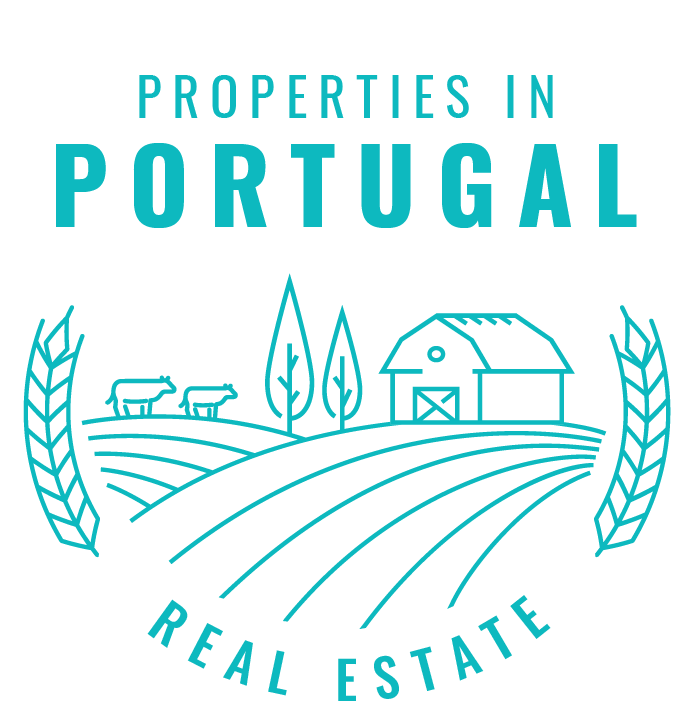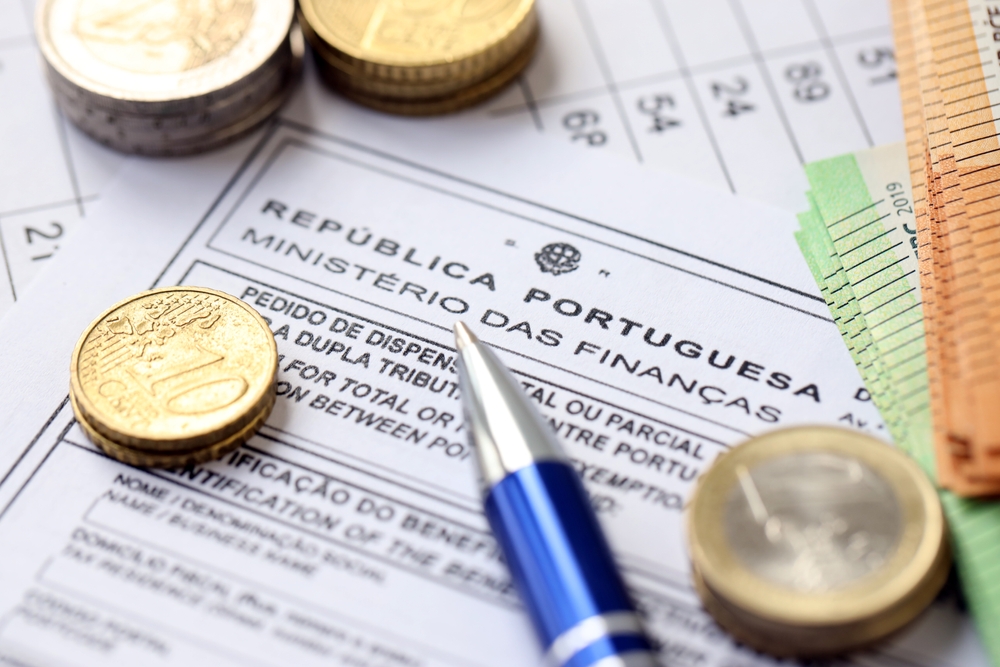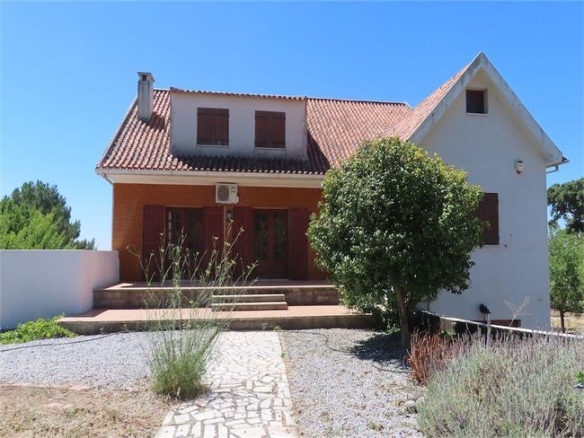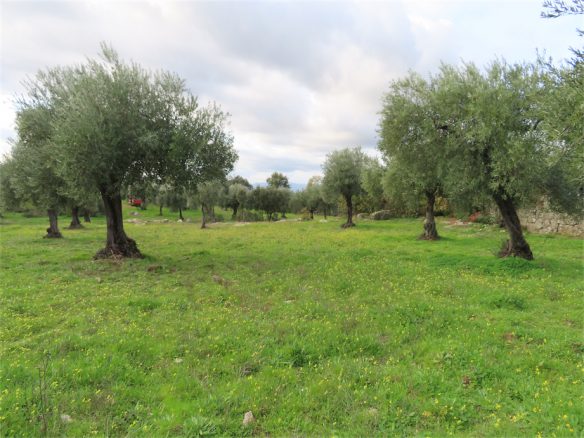Property Taxes in Portugal – A Complete Guide
If you’re considering buying property in our specialist area of Castelo Branco then, understanding the Property Taxes in Portugal is essential. Well known for its stunning landscapes, rich culture, and relatively affordable real estate, this area of central Portugal is a highly popular destination for both expats and investors.
However, before you dive into the property market here, it’s crucial to be aware of the taxes you’ll encounter, both during the purchase process and as an ongoing property owner. Don’t forget that these additional costs will be in addition to the property purchase price, so you’ll need to build that into your budget.
In this guide, we’ll walk you through everything you need to know about property taxes in Portugal, so you can plan your investment with confidence.
- IMT: Property Transfer Tax
When you purchase property in Portugal, the first tax you’ll need to pay is the IMT, which is essentially a property transfer tax. This tax is paid by the buyer and is calculated based on the property’s purchase price or its tax value (whichever is higher). The price will also be determined on how you plan to use the property.
- Primary Residence: If the property is your primary residence, the IMT rate varies between 0% and 6%, depending on the value of the property.
- Second Home or Investment Property: If the property is not your primary residence, the IMT rate ranges from 1% to 7.5%.
- Rural Land: For rural land, the IMT is set at a flat rate of 5%.
If the property comes under the bracket of a ‘Luxury Home’ (Properties valued over €1 million) then this will be taxed at a flat rate of 7.5%.
- Stamp Duty (Imposto do Selo)
Another tax to be aware of when buying property in Portugal is the Stamp duty. This tax is also paid by the buyer and is calculated as a percentage of the property’s purchase price.
- Current Rate: The stamp duty rate is 0.8% of the property’s value.
Stamp duty is also payable on other legal documents and contracts related to the purchase, so be prepared for additional costs in this category.
- IMI: Annual Property Tax
Once you own property in Portugal, you’ll be required to pay an annual property tax known as the IMI. This tax is similar to council tax in the UK or property tax in the US and is used to fund local services.
- How It’s Calculated: IMI is based on the taxable value of the property, which is determined by the local municipality. The tax rate typically ranges between 0.3% and 0.45% for urban properties, while rural properties are taxed at a flat rate of 0.8%.
- Exemptions: Some new properties may be exempt from IMI for a period of 3 to 6 years, depending on the municipality.
- Payment Schedule: IMI is usually paid annually in April, although you can opt to pay in two or three installments depending on the amount owed.
- Additional Taxes for Luxury Properties: AIMI
If you own property in Portugal with a total taxable value exceeding €600,000, you’ll also be subject to the ‘AIMI’, often referred to as the “wealth tax.”
- Rates: The AIMI rate is 0.7% on the value of properties between €600,000 and €1 million, and 1% for properties valued between €1 million and €2 million. For properties valued above €2 million, the rate increases to 1.5%.
- Calculation Example: If your property is valued at €800,000, you would pay 0.7% on €200,000, which amounts to €1,400 annually.
- Capital Gains Tax – Selling Your Property
If you decide to sell your property in Portugal, you may be liable for Capital Gains Tax (CGT). This tax applies to the profit made from selling the property, calculated as the difference between the purchase price and the selling price.
- Residents: Portuguese residents are taxed on only 50% of the capital gains at their marginal income tax rate. However, if you reinvest the proceeds from the sale into another primary residence in Portugal, you may be exempt from CGT.
- Non-Residents: Non-residents are taxed at a flat rate of 28% on the full capital gain.
- Inheritance: It’s worth noting that Portugal does not impose an inheritance tax on property passed on to close relatives, although there may be some administrative fees.
- Other Costs and Fees
Beyond taxes, there are several other costs you should be aware of when buying property in Portugal:
- Notary Fees: These fees cover the cost of formalizing the purchase deed and registering the property. They usually range between €1,000 and €2,000.
- Land Registry Fees: Registering your property with the Land Registry typically costs between €500 and €1,000.
- Legal Fees: Hiring a lawyer is highly recommended to ensure a smooth transaction. Legal fees usually range from 1% to 2% of the property’s purchase price.
- Surveyor Fees: Although not mandatory, having the property surveyed before purchase is advisable, and can cost around €400 to €800.
- Home Insurance: While not a tax, home insurance is essential and can cost anywhere from €150 to €500 annually, depending on the property and coverage.
- Conclusion: Be Prepared for All Costs
Buying property in Portugal is an exciting venture, whether it’s for a permanent move, a holiday home, or an investment. However, understanding the various taxes and fees involved is crucial to avoid any unexpected surprises. From the IMT and stamp duty at purchase, to the ongoing IMI and potential AIMI, being aware of these costs ensures that you can budget effectively and make informed decisions.
It’s always wise to consult with a local tax advisor or lawyer who can provide personalized advice based on your specific situation. With the right preparation, your property purchase in Portugal can be a smooth and rewarding experience.
As always if you have any further questions, please do not hesitate to contact us.




